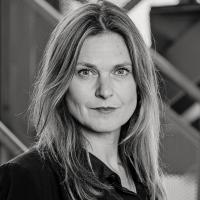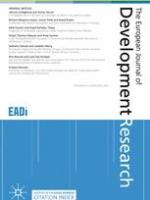Old and new development actors are not so different after all
In a new journal article, DIIS researchers challenge core emphases in the ‘new actors’ debate and propose a way forward for this research agenda.
The rising prominence of a variety of development cooperation providers including states like Brazil, China, India as well as South Africa and non-state actors such as private foundations has inspired a large academic literature over the last decade. Research on these ‘new actors’ has documented their cooperation profiles and explored the implications of their engagement for the global development architecture.
This review article proposes that future analysis on the diverse actor landscape in development cooperation should move beyond common assumptions that emphasize the distinctiveness of so-called new actors’ cooperation approaches and the challenges they present to an established field. The article underlines the relevance of exploring heterogeneity within and across new and old actor categories in order to sharpen comparative analysis of how organizational characteristics influence development outcomes. In addition, the authors argue that conceptualizing the encounter between ‘old’ and ‘new’ actors as a multidirectional change process offers a valuable approach for future development cooperation research.
DIIS Eksperter


